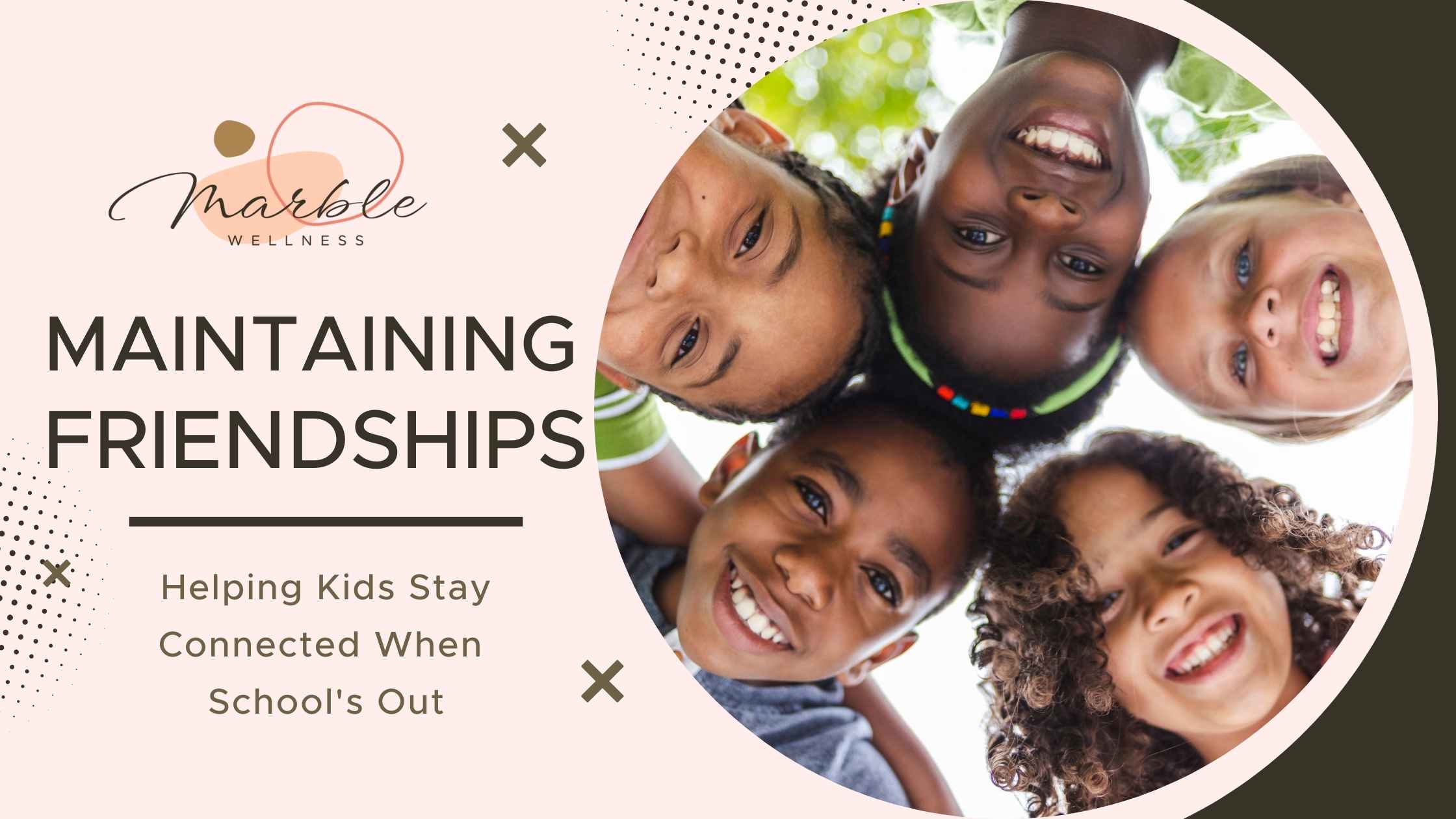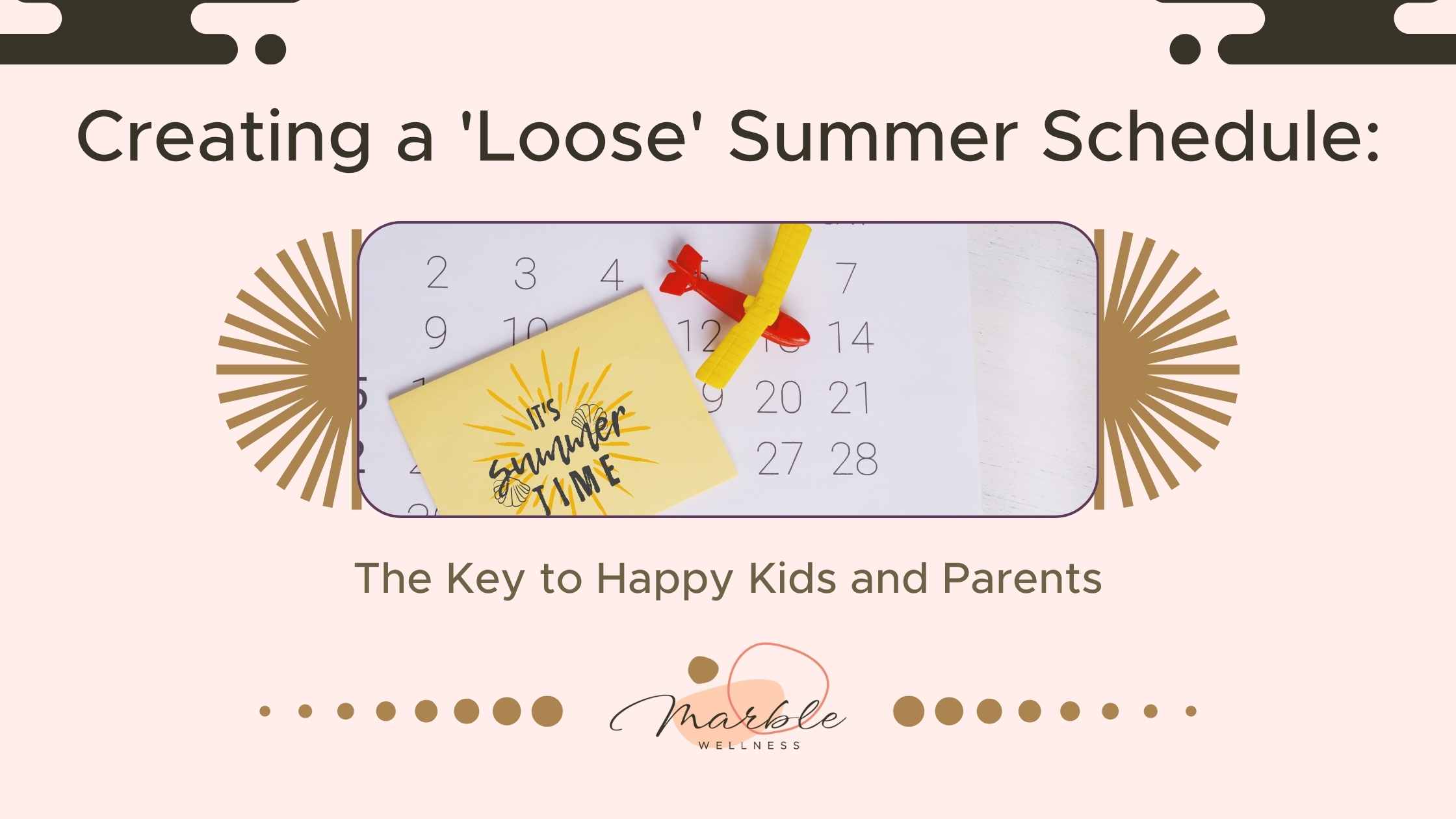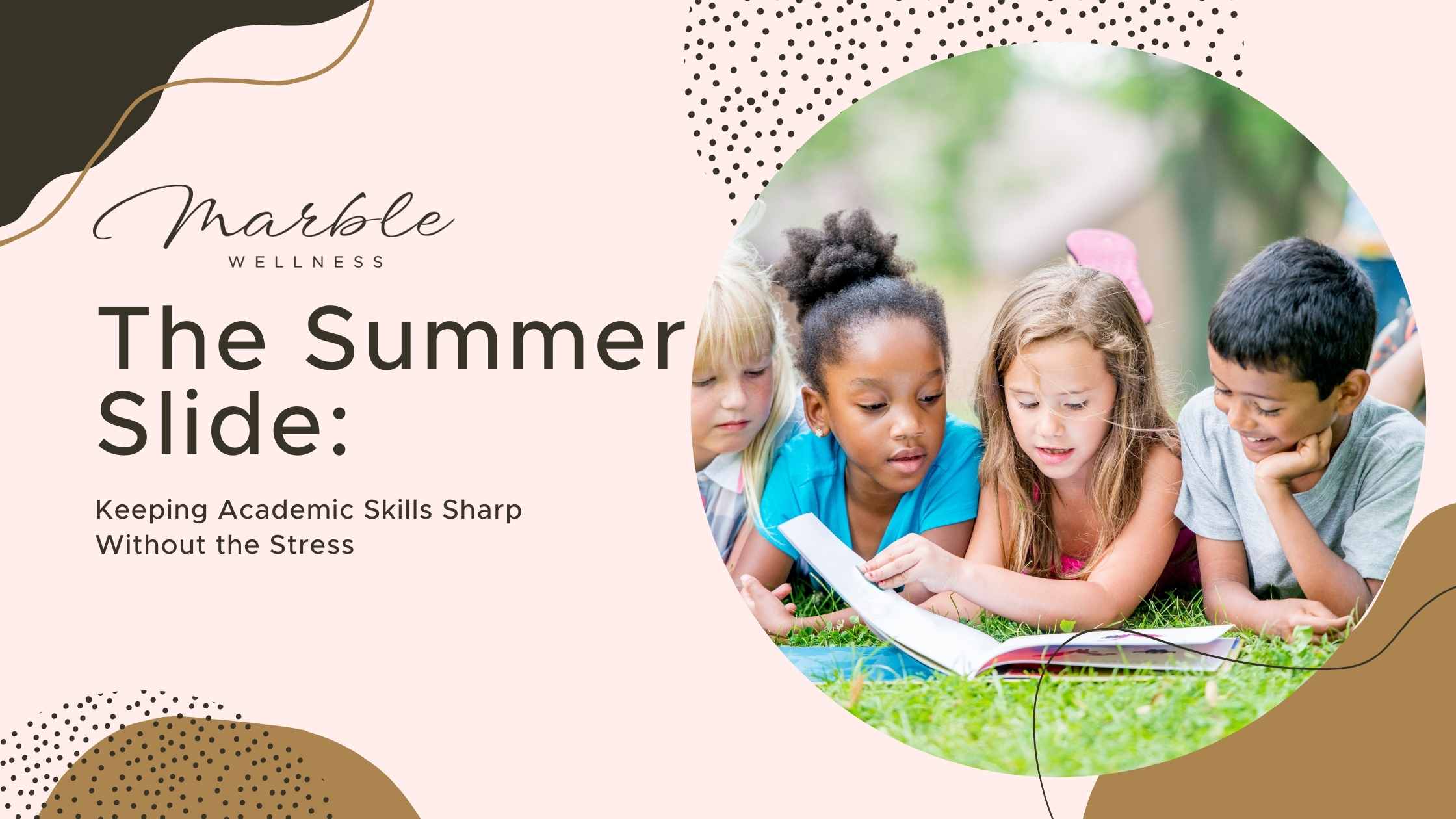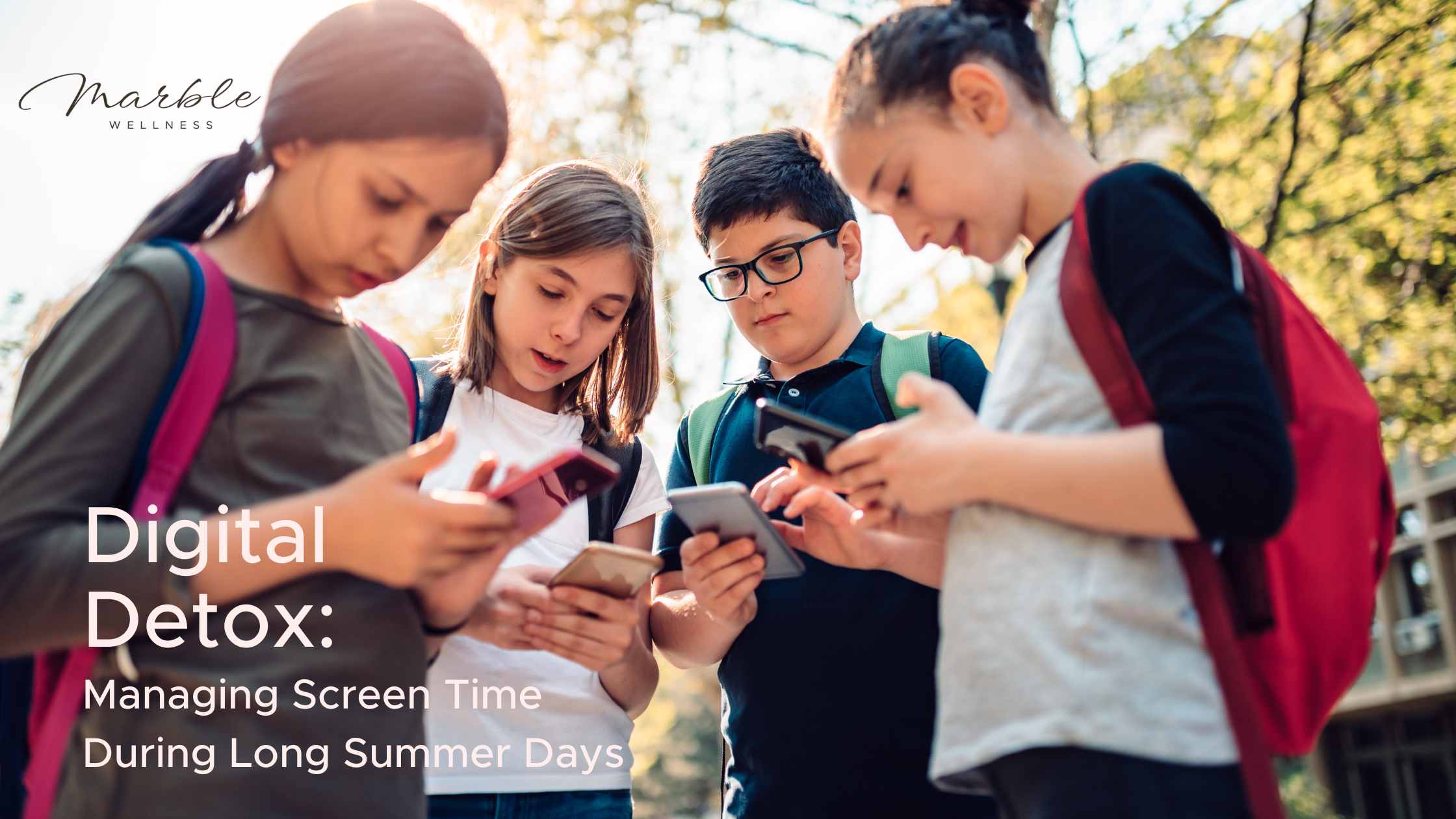Summer in St. Louis is a time for freedom—late nights, pool days, and family adventures. But for many kids and teens, the long break from school can also mean drifting away from friends they saw every day during the year. As parents in Ballwin, Chesterfield, and Kirkwood know, helping children maintain those important connections is key to their happiness and emotional growth. So how do you keep friendships strong when the school bell stops ringing? Let’s explore practical, compassionate ways to nurture your child’s social life all summer long.
The Challenge of Maintaining Friendships Over Summer
When school ends, so do the daily routines that make socializing easy. Without lunch breaks, recess, or after-school clubs, kids can feel isolated or unsure how to reach out. For younger children, friendships are often built on proximity and shared activities. For tweens and teens, social circles can shift quickly, especially if friends travel or attend different camps.
As parents, it’s natural to worry: Will my child feel left out? Will they lose touch with their best friends? The good news is that with a little planning and encouragement, you can help your child stay connected—and even build new friendships—during the summer months.
Strategies for Staying Connected
Maintaining friendships over the summer takes intention, but it doesn’t have to be complicated. Here are some ways to keep those bonds strong:
Organizing Playdates and Group Activities
Don’t underestimate the power of a simple invitation. Reach out to other parents and set up regular playdates, rotating homes, or meeting at local parks. For older kids, encourage them to plan group activities themselves, like a backyard movie night or a day at the pool.
- Tip: Use a group text or shared calendar to coordinate schedules and keep everyone in the loop.
- Idea: Start a summer tradition, like “Friday Pizza Night” or “Tuesday Park Meet-Up,” to give kids something to look forward to each week.
Using Video Calls or Messaging Apps
When friends live far apart or travel during summer, technology can help bridge the gap. Encourage your child to stay in touch through video calls, group chats, or even sending each other funny memes.
- Tip: For younger kids, set up supervised video playdates where they can show off new toys, read stories together, or play virtual games.
- Idea: Suggest a weekly “virtual lunch date” where friends eat together over video chat, just like they would at school.
Planning Joint Outings or Trips
Summer is the perfect time for shared adventures. Plan joint outings with other families—think zoo visits, hiking at a local park, or a day trip to a nearby museum.
- Tip: Involve your child in the planning process to boost their excitement and sense of ownership.
- Idea: For teens, suggest organizing a group volunteer day or a mini road trip with a few close friends (with adult supervision, of course).

Encouraging New Connections
While maintaining old friendships is important, summer is also a wonderful opportunity for kids to meet new people and broaden their social horizons.
Joining Summer Camps or Clubs
Camps and clubs offer built-in social opportunities, whether your child is interested in sports, science, art, or theater. Look for local programs that match your child’s interests and encourage them to try something new.
- Tip: If your child is nervous about going alone, see if a friend can join them, or attend an open house together beforehand.
- Idea: Specialty camps—like robotics, music, or cooking—can help kids find friends who share their passions.
Participating in Community Events
Summer festivals, library programs, and neighborhood gatherings are great places for kids to meet peers outside their usual circles. Check your local community center or library for a calendar of events.
- Tip: Attend as a family and help break the ice by introducing your child to other kids.
- Idea: Encourage your child to invite a classmate or neighbor to join you at an event, making the experience less intimidating.
Volunteering Together
Volunteering can be a meaningful way for older kids and teens to connect with others while giving back. Look for opportunities that welcome youth volunteers, such as food banks, animal shelters, or park clean-ups.
- Tip: Suggest volunteering as a group activity—kids are more likely to participate if friends are involved.
- Idea: Help your child organize a small service project, like a lemonade stand for charity, and invite friends to join.
Managing Social Media and Online Interactions
Digital communication is a big part of modern friendships, especially for tweens and teens. While it can help kids stay connected, it’s important to set healthy boundaries and encourage safe, positive interactions.
Setting Boundaries for Online Communication
Work with your child to establish guidelines around texting, social media, and gaming. Discuss what’s appropriate to share, how to handle disagreements, and when it’s time to log off.
- Tip: Set device-free times, like during meals or family outings, to encourage face-to-face connection.
- Idea: Create a family media agreement that outlines expectations for respectful online behavior.
Encouraging Face-to-Face Interactions
Remind your child that digital connections are no substitute for real-life interaction. Encourage them to balance screen time with in-person activities, even if it’s just a walk around the neighborhood with a friend.
- Tip: Model this balance yourself by prioritizing in-person connections and limiting your own device use.
- Idea: Challenge your family to a “tech-free afternoon” each week and use the time for games, outdoor play, or creative projects.
Monitoring Online Safety
Stay involved in your child’s online life by knowing which platforms they use and who they’re communicating with. Keep lines of communication open so your child feels comfortable coming to you with any concerns.
- Tip: Remind your child never to share personal information online and to report any inappropriate messages or behavior.
- Idea: Regularly review privacy settings together and discuss the importance of digital footprints.
Nurturing Friendships During Summer Break
Friendships are a vital part of childhood and adolescence, offering support, joy, and a sense of belonging. While summer can disrupt routines, it also provides a unique opportunity for kids to deepen bonds and form new connections. By encouraging regular contact, supporting new social experiences, and guiding safe online interactions, you help your child build the skills and confidence they need to maintain healthy relationships all year long.
This summer, let’s make friendship a priority—because the best memories are made together.
Consider Child or Family Therapy in the St. Louis Area
At Marble Wellness, we know how important friendships are to a child’s emotional well-being. If your child is struggling with loneliness or social anxiety this summer, our therapists in St. Louis and St. Charles are here to help your family navigate these challenges with compassion and practical strategies. Not only do we have a team of therapists in Ballwin, MO, but we have also recently expanded to serve the Lake St. Louis and Wentzville area! Reach out to our Client Care Coordinator today to discuss your therapy options, both in-person and via online therapy in Missouri.
Contact Us!
Learn About Our Group Offerings

Additional Counseling Services at Marble Wellness in St. Louis, MO
Marble Wellness Counseling services are designed to help set you on a path of living a more fulfilled, calm, and happy life. Our St. Louis area therapists have a variety of training backgrounds and areas of expertise. We specialize in anxiety, depression, grief, chronic illness, therapy for men, couples, and maternal overwhelm. Our practice also helps new moms with various postpartum concerns, moms in the thick of parenting, and moms with teens. We can also chat from wherever you are in the state with online therapy in Missouri. No matter where you are in your journey, we are here to help you thrive!







